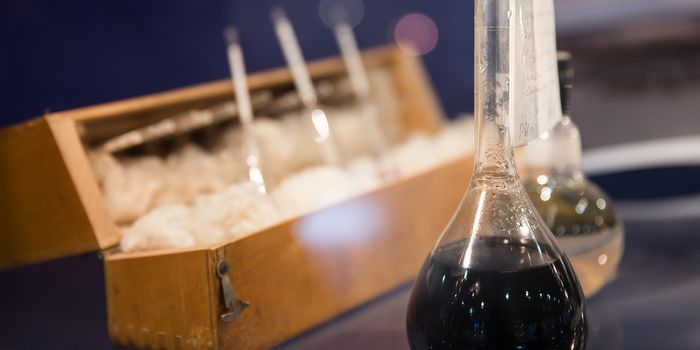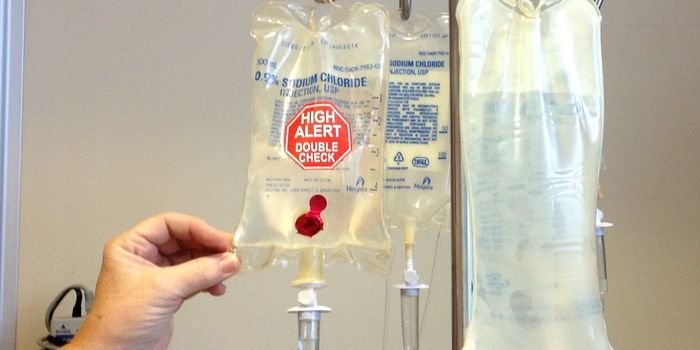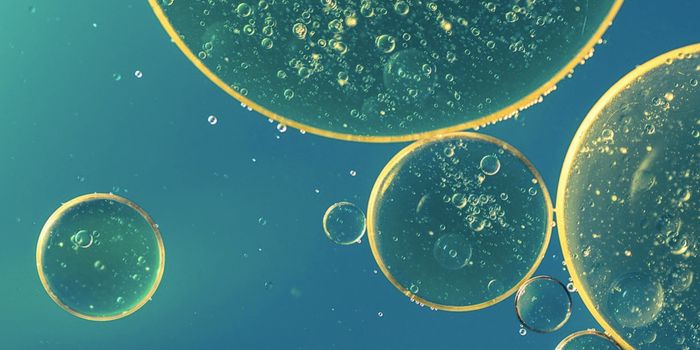The gut microbiome is increasingly recognized as a vital player in the development of colon cancer. But good bacteria, scientists say, can help us turn the tide against the insidious disease.
The microbiome is a specialized collection of bacteria residing in specialized niches of the body. Mostly famous for their existence in the human gut, these communities of microorganisms have been known to influence processes like digestion and immune responses. The gut microbiota, in particular, has been linked to inflammatory bowel diseases such as Crohn’s disease and ulcerative colitis. In turn, these diseases increase the risk for colon cancer.
Colon cancer, also known as colon cancer or bowel cancer, is the third most common non-skin cancer type in the world. The cancer usually begins as small, benign lumps of cells that form polyps in the colon. Without proper removal, these polyps can turn cancerous and cause symptoms such as abdominal pain, rectal bleeding, weakness, and fatigue. According to a recent report, the incidence of colorectal cancer is expected to increase by 60% to more than 2.2 million new cases and 1.1 million deaths by 2030.
Could good bacteria, AKA probiotics, lower the risk for colon cancer?
In the current study, scientists at the Baylor College of Medicine in Houston, Texas, focused on the effects of Lactobacillus reuteri, which is a probiotic naturally found in the guts of mammals.
The team injected L. reuteri into mice that were deficient in an enzyme called histidine decarboxylase (HDC). Without HDC, these mice are much more susceptible to develop colorectal cancer. By contrast, one of the roles of L. reuteri involves producing the enzyme HDC.
In mice treated with the probiotic, the team found less tumors, and the ones they did find were smaller in size. By contrast, animals that received the placebo treatment had more numerous and larger tumors. The results suggest the probiotic L. reuteri has protective effects against colorectal tumor formation.
"Our results suggest a significant role for histamine in the suppression of chronic intestinal inflammation and colorectal tumorigenesis [tumor formation]," says Dr. James Versalovic, a professor of pathology and immunology at Baylor, and the study’s lead author. "We have also shown that cells, both microbial and mammalian, can share metabolites or chemical compounds that together promote human health and prevent disease."
“We are on the cusp of harnessing advances in microbiome science to facilitate diagnosis and treatment of human disease. By simply introducing microbes that provide missing life substances, we can reduce the risk of cancer and supplement diet-based cancer prevention strategies,” he added.
Additional sources: MNT









